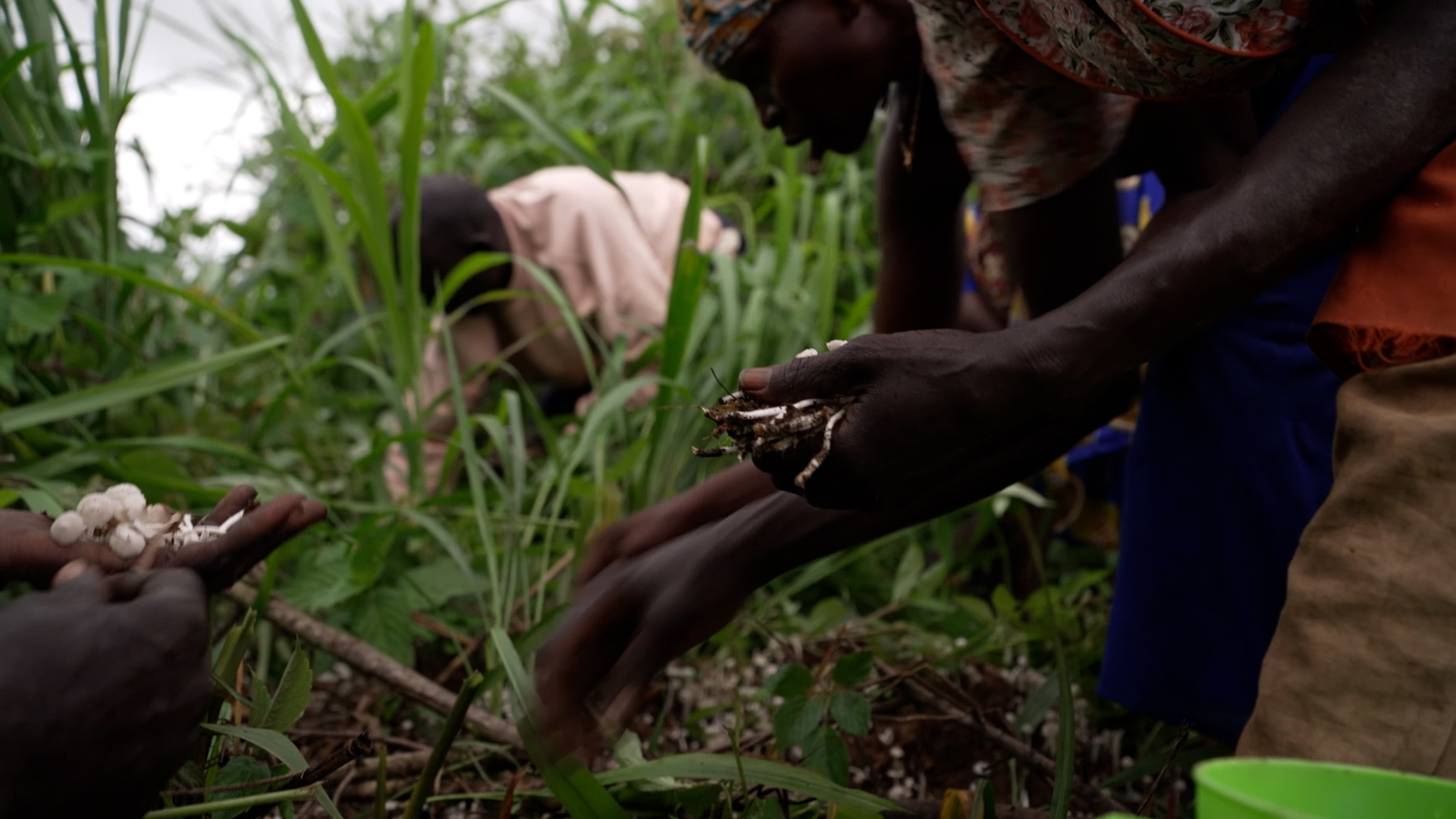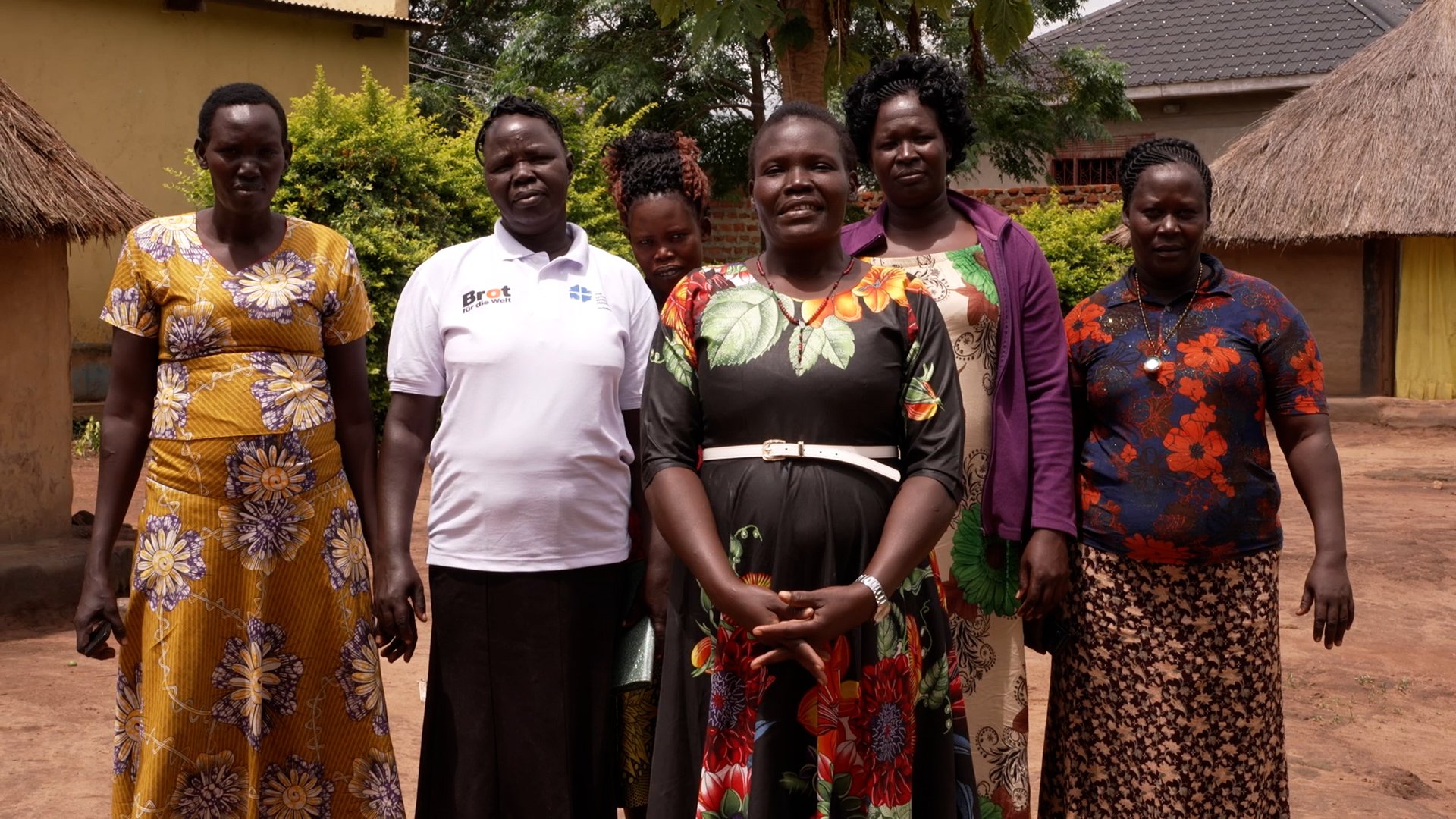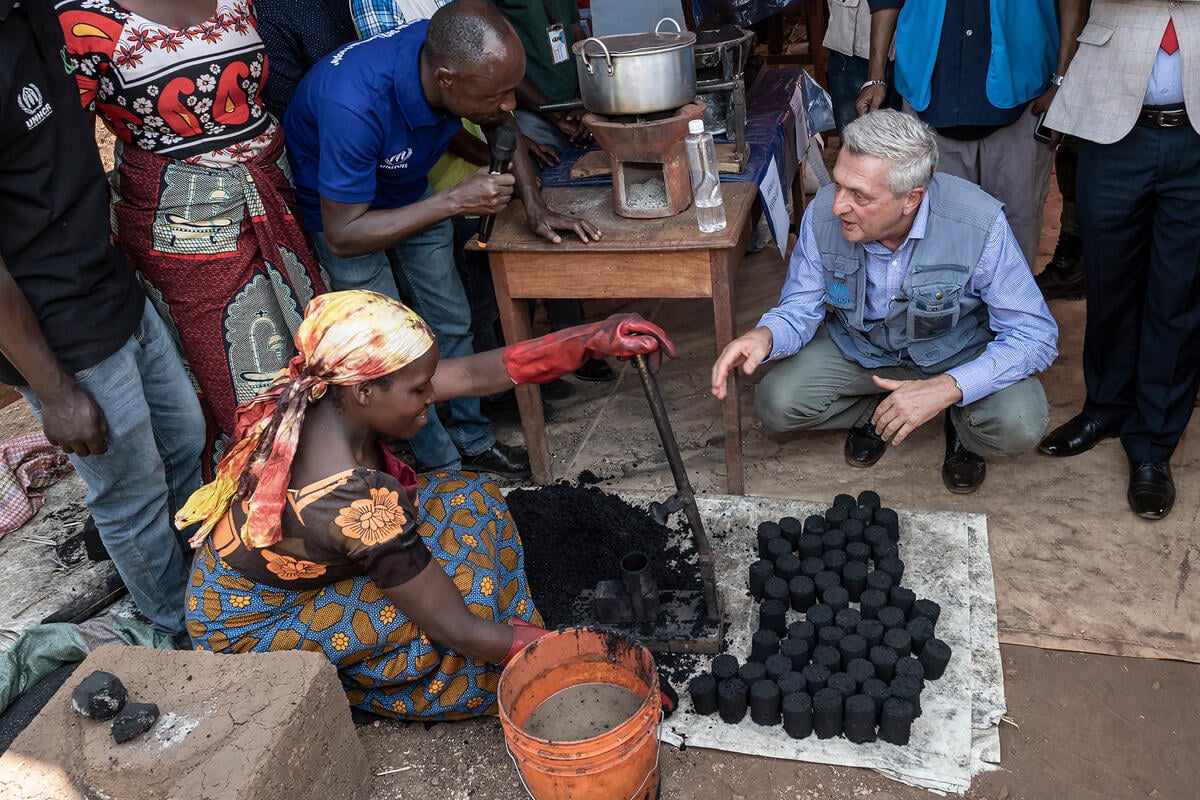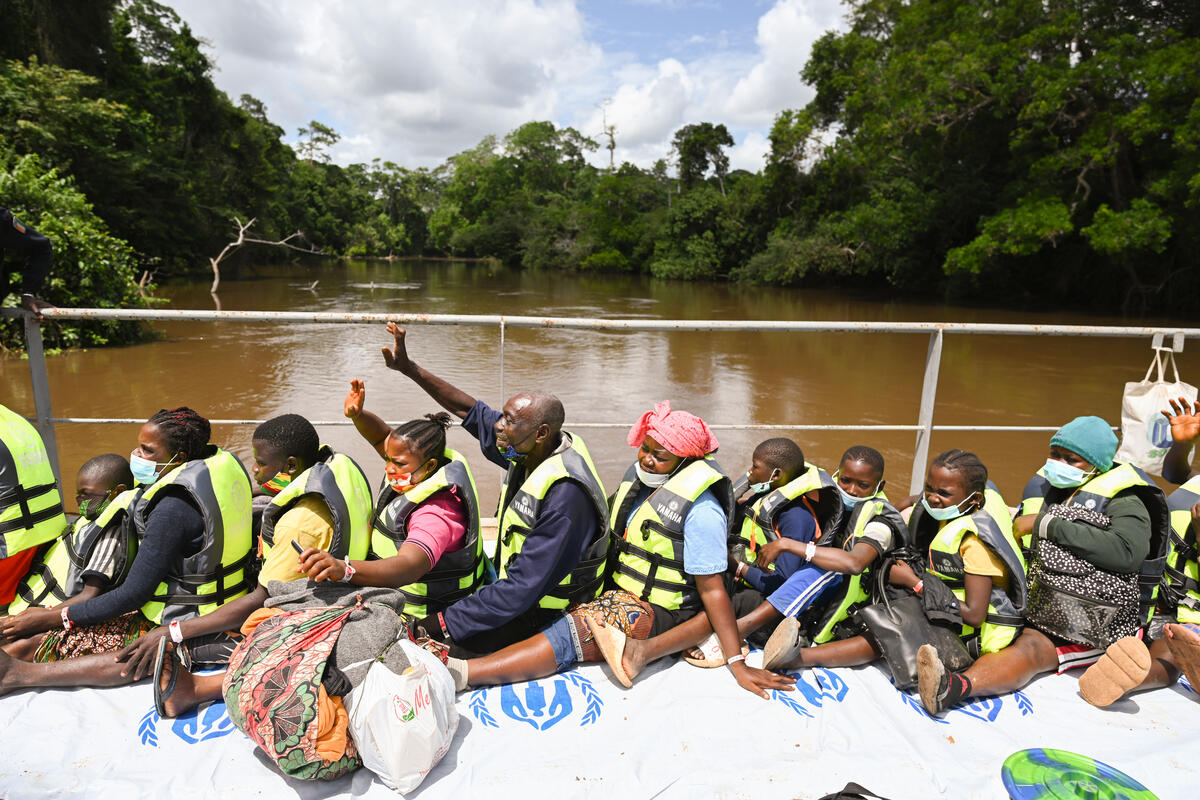Man of the cloth returns to Sudan to serve home flock after years in exile
Man of the cloth returns to Sudan to serve home flock after years in exile

YAOUNDÉ, Cameroon, September 28 (UNHCR) - Gibson Waru has long been grateful to UNHCR for its help and support during his years in exile from South Sudan. Now the refugee agency has taken on the 36-year-old as a community services assistant, giving the Christian pastor a chance to help others and to rebuild his country.
Waru returned home last December, some 15 years after fleeing from the civil war in Sudan and making his way to Central African Republic and then, in 2006, to Cameroon. He was seconded to UNHCR after becoming a UN Volunteer.
He is delighted to be back in South Sudan and to be working with an organization for which he has so much respect and gratitude. "I can now make ends meet," he said in an e-mail message from the city of Yambio, adding that the help and training he had received from UNHCR "have prepared me for this career."
Aside from preaching in church and promoting volunteerism for development, Pastor Waru said he spends his time "serving the needy, like the returnees and refugees. He said he eventually plans to "go back to teaching, which was my profession for years."
UNHCR launched a voluntary repatriation programme for Sudan in December 2005, after the signing earlier that year of a peace accord between the Sudanese government in Khartoum and rebels in the south. South Sudan became independent in July, with its capital located in Juba, some 450 kilometres east of Yambio. More than 330,000 refugees have since returned with UNHCR help.
Those returning face many challenges, including recovering their land, earning a living, sending their children to school. Sometimes the memories of the past are still alive and heavy. But most, like Pastor Waru, say they are happy to finally be home.
He fled the Sudan with his family in February 1996 and made his way to neighbouring Central African Republic. But in 2006, Pastor Gibson with his wife and two children fled to Cameroon to escape generalized violence between government forces and rebels. This conflict forced tens of thousands of people to flee to Chad and Cameroon.
He made the most of his five years in Cameroon, where he became a leading member of the small Sudanese refugee community of about 70 people in the capital, Yaoundé.
And with the help of UNHCR, he learned new skills on leadership and health care and on how to help and work with refugees, especially those with special needs, such as people with medical problems, female-headed households, older people and unaccompanied minors. Pastor Waru also took part in workshops on sexual and gender-based violence, which can affect displaced communities. He uses what he has learnt on a daily basis as a community services officer.
During his 15 years as a refugee, Pastor Waru often thought wistfully of his homeland, hoping that one day he could return. He finally decided to go back when it seemed that South Sudan was heading for independence and after the closure of the market in Yaoundé where he ran a small photocopying business, set up with help from an income-generation programme.
There are currently more than 120,000 refugees and asylum-seekers in Cameroon, mostly from the Central African Republic.
By Elema Fulem in Yaoundé, Cameroon








